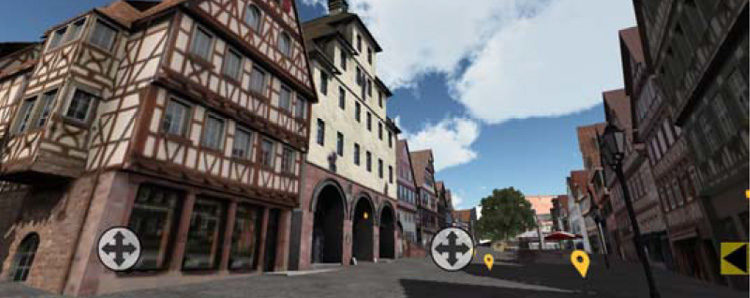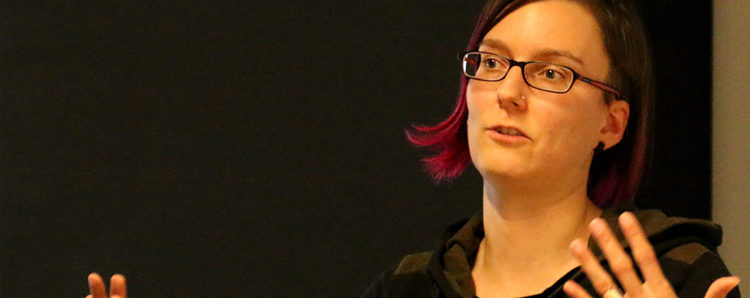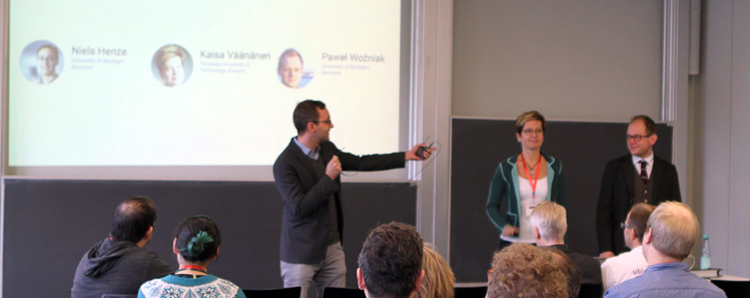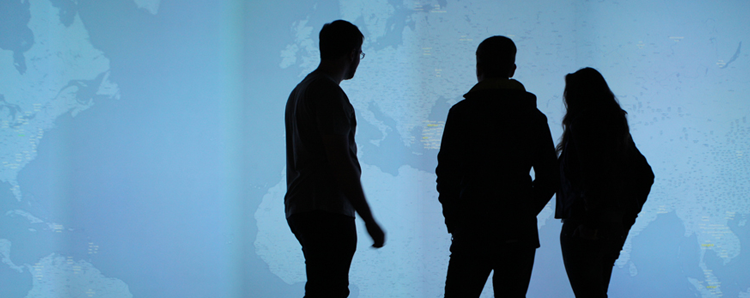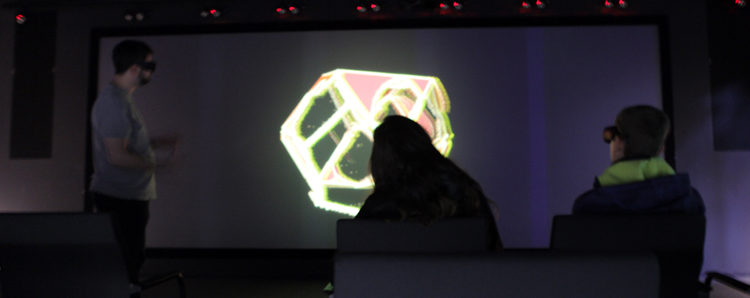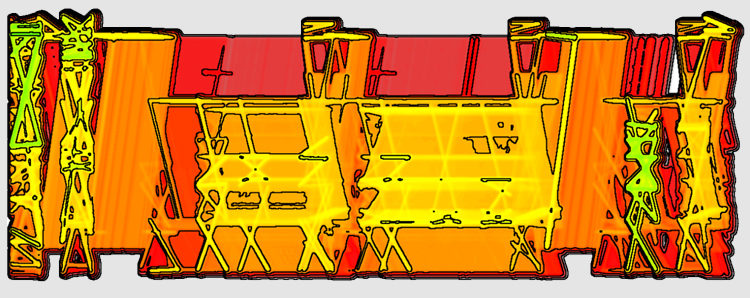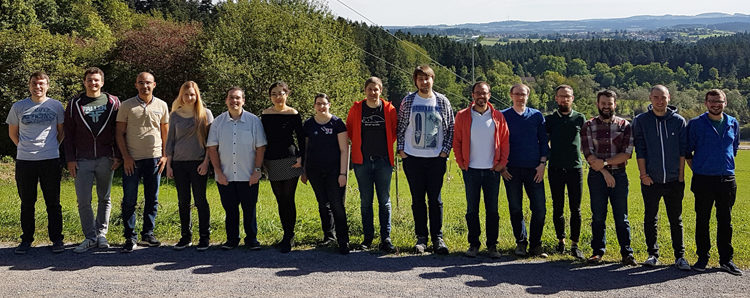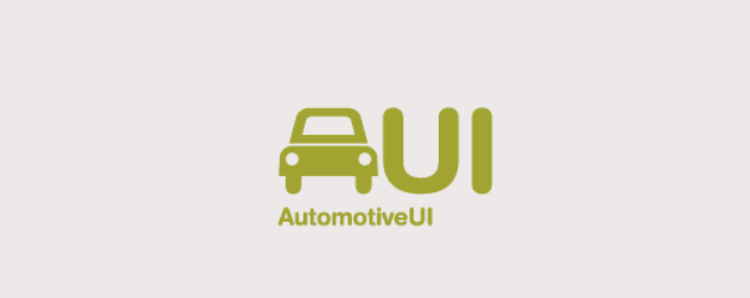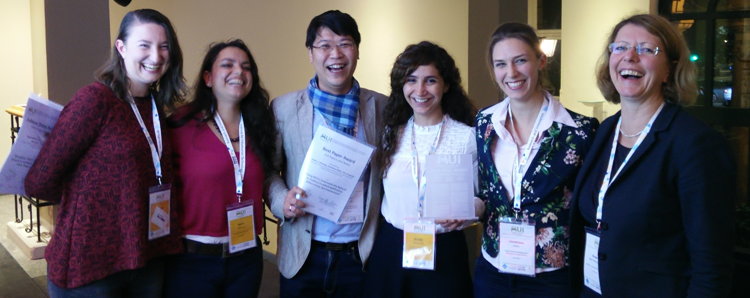The International Society on Virtual Systems and MultiMedia (VSMM) held its 23rd International Conference in Dublin/Ireland and Belfast/Northern Ireland, on October 30th to November 5th, 2017. In total, about 150 participants enjoyed an exciting program, consisting of Workshops and Conference tracks in Dublin, and Special Workshops and Cultural Tours in Belfast. The VSMM Society launched its conferences 23 years ago in Japan, in the early stages of Virtual Reality applications. Since then, it brings together leading researchers in the application of digital media, mobile, and virtual and augmented reality technology together with users across a diverse community.
Demonstrating Calw Virtual Reality App at VSMM 2017
